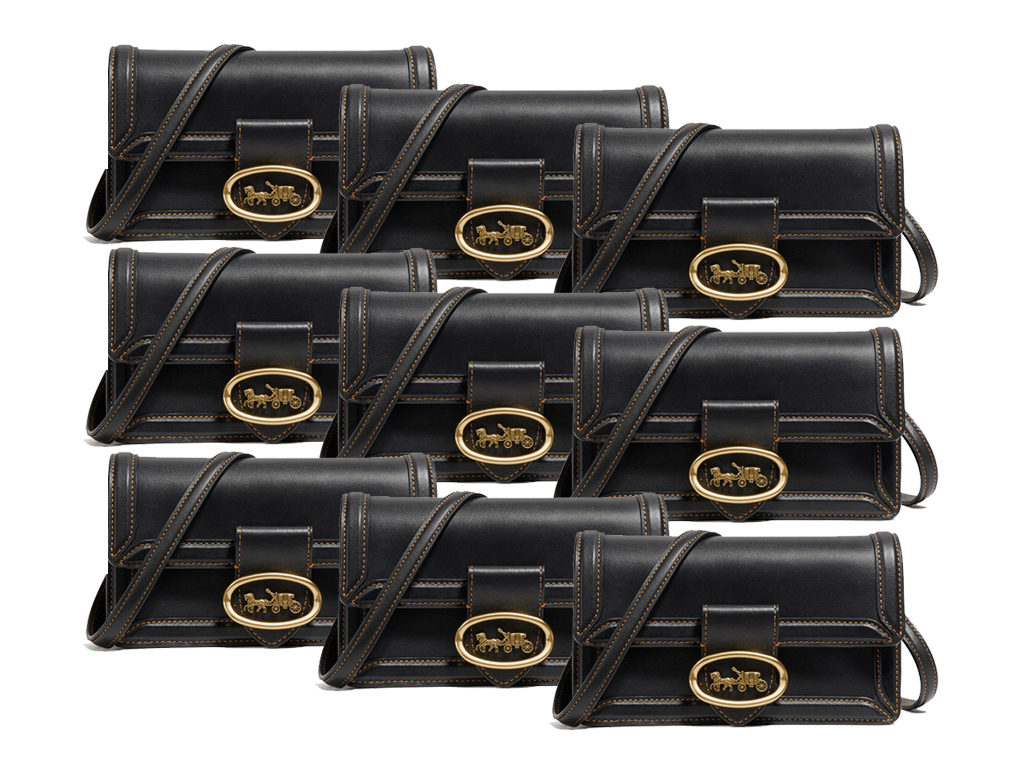Research shows that you shouldn’t be eating too much of the creamy goodness that is cheese.
Everything should be eaten in moderation, but there are certain foods that we shouldn’t be eating as much. Namely, cheese.
This high-fat dairy food does contain nutrients such as calcium, protein, vitamin B12 and zinc, but it might not be worthwhile to get them from cheese.
(Also read: 6 Foods That Are Surprisingly Unhealthy)
Cheese is a calorie bomb
These seemingly harmless small chunks of cheese contain more calories than most think. At 28 grams, ricotta has 50 calories, feta has 75, and mozzarella has 85. The hard Swiss and cheddar cheese have 108 and 114 calories respectively.
(Also read: 8 Healthy Foods That Are Secretly Super High in Calories)
They’re high in saturated fat
Watch out for cheese if you have high cholesterol, because the high amount of saturated fat in cheese can increase low-density lipoproteins (LDL) cholesterol which is bad for your body.
Some research shows that full-fat cheese affects your LDL cholesterol less, but it’s best to eat it in moderation.
(Also read: Here’s Why You Should Cut Down On Your Dairy Intake Now)
They’re not as nutrient-dense as you think

Many people eat cheese because of the benefits they hear, such as stronger teeth and bones due to the calcium.
However, you might be surprised to hear that many calcium-rich foods are actually non-dairy. These include seeds, beans and lentils.
So the next time you want to grab a spoonful of cheese for extra calcium, know that there are healthier alternatives out there.
(Also read: 8 Non-Dairy Foods That Can Provide Plenty Of Calcium)
Our bodies might not be suitable for cheese consumption
Although lactose intolerance has only been in the spotlight in the recent decade, studies have shown that most humans are lactose-intolerant. If you’re consuming dairy in large amounts with no problem, you might be part of the minority. (Good for you.)
About 75 per cent of adults are sensitive to lactose, but because the side effects of lactose intolerance don’t come instantly, people might not realise it. Symptoms can include abdominal pain, bloating and gurgling stomach noises.
(Also read: TRUE STORY:”I Suddenly Became Lactose Intolerant After a Bad Bout of Food Poisoning”)
So, which cheese should you eat?
If you love your cheese and still want to consume some, a simple tip is to stick to soft cheeses because they usually have fewer calories than hard cheeses. Don’t feel too bad about eating hard cheeses, though, because eating them makes you salivate more, which is good for your teeth due to the reduced acidity.
The best way to consume cheese would be to use it as a topping or flavour enhancer instead of having it as a main dish.
(Also read: Follow These Step-by-Step Tips to Eat Healthy (Without Counting Calories))




